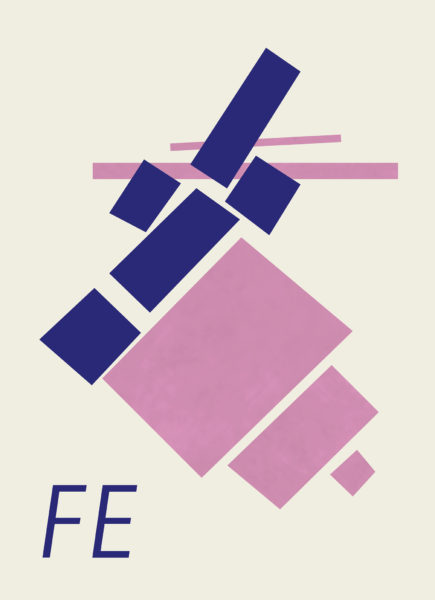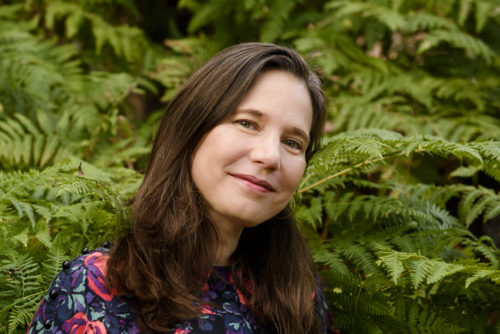We were wandering a vast tundrafirestretching to the Arctic shore—wandering through smoke risingfrom peat and deep snow, movingtoward a black ocean but soslowly I never felt closer to it.On it goes. Good morning.Yes, that’s my hand stroking your neckeven if neither of us can feel it.You were an arm’s length awaywhen I looked up and saw itwasn’t you I’d taken with me intothe dream—even if you looked just like you.Smoke exhaled us. We grewthirstier. One of usprayed. One of us said howwe’re part of a mind that’s changinghundreds of times faster than inany previous extinction. I didn’t know,in the tundra, when we werewalking, or when we had laid ourselves down.We were trying to hear if there was anythingleft to creep toward us. Anythingbesides the fire. And when the moonasked, we said yes,like bread. We ate our ash like bread.
Aubade—
Feature Date
- May 5, 2022
Series
Selected By
Share This Poem
Print This Poem
Copyright © 2022 by Mary Szybist.
All rights reserved.
Reproduced by Poetry Daily with permission.

Issue 1
Portland, Oregon
Editors
Jeff Alessandrelli
Adie Bovee
John Goodhue
Originally published in 1927, Russian painter Kazimir Malevich’s book The Non-Objective World delineates his vision that the best art values, above everything else, the “supremacy of pure feeling.” According to Malevich there are “[t]wo basic types of creation [that] can be distinguished: one, initiated by the conscious mind, serves practical life, so-called, and deals with concrete visual phenomena; the other, stemming from the subconscious or superconscious mind, stands apart from all “practical utility” and treats abstract visual phenomena.”
As editors in putting this issue together Malevich’s maxims became our own. We sought work that seemed to challenge us in multiple ways, ways that we couldn’t have predicted prior to reading. Included herein are novel excerpts and essays, poems, runes and translations. Our hope in including such a wide variety of work is that it speaks to Fonograf’s own multifarious nature. What we like is entirely tempered by what we can hear and see and feel.
Poetry Daily Depends on You
With your support, we make reading the best contemporary poetry a treasured daily experience. Consider a contribution today.




